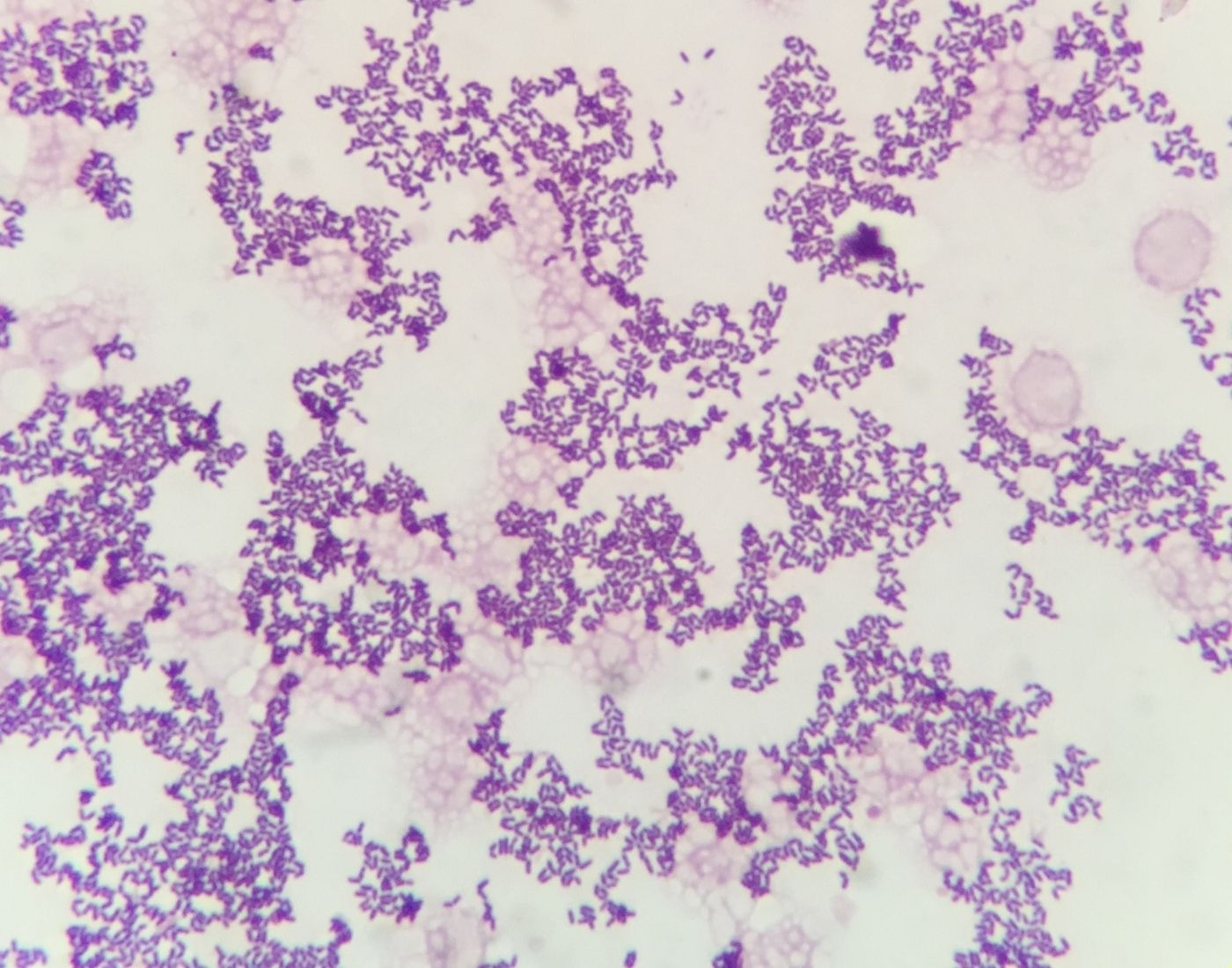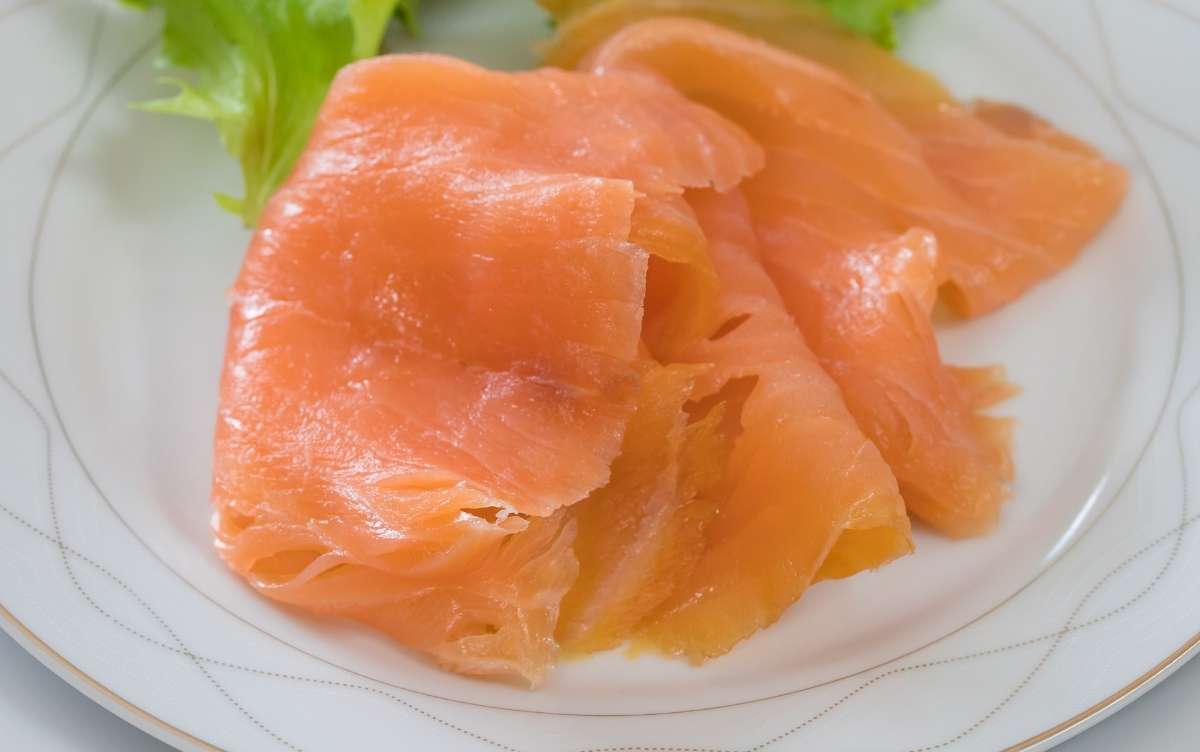Listeria (listeria monocytogenes) is a type of bacteria which can cause a rare, but serious illness called listeriosis. It’s usually caused by eating food contaminated with listeria.
Listeriosis is rare and most people are likely to have only mild infection, with symptoms similar to flu or gastroenteritis. However, for some people it can cause serious illness, which can result in hospitalisation and, in severe cases, death.
Listeria may not infect many people each year, but it’s important to be aware of it. Pregnant women (and their unborn babies), older adults and people with weakened immune systems are at higher risk of becoming ill and likely to experience severe symptoms.


